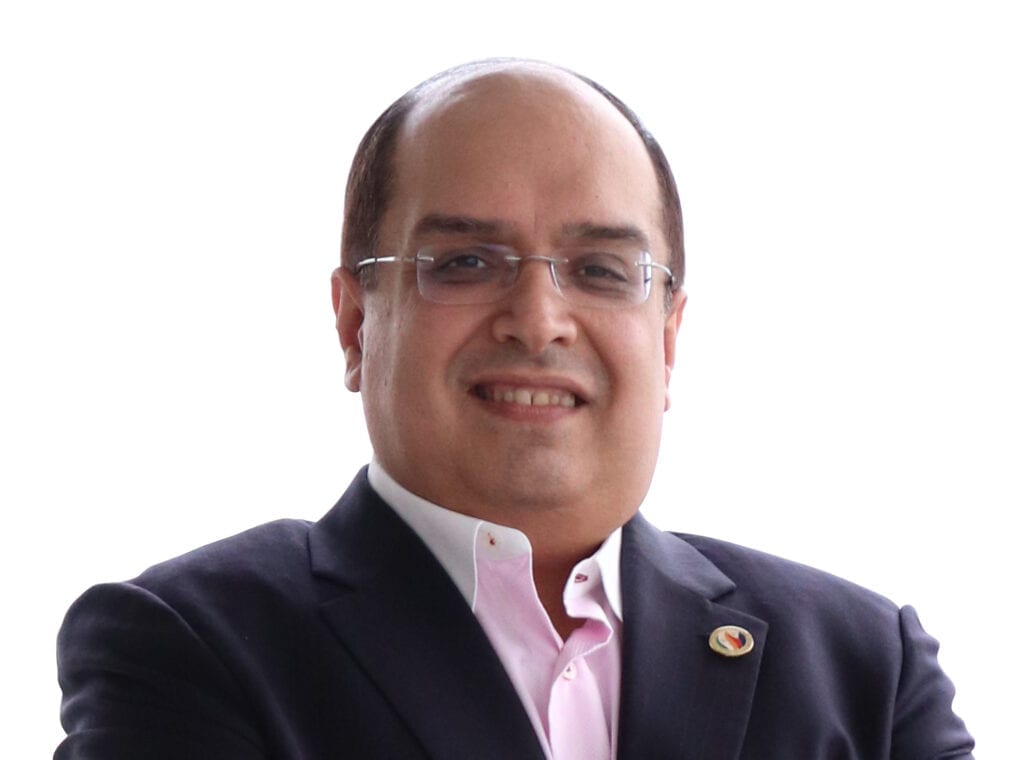
Rex Daryanani is the President of Funtastic International Inc., an importer and distributor of toys, accessories, and other fun products. He is also the President of the Federation of Indian Chambers of Commerce Philippines (FICCI) since 2016. Following the move to legalize the operations of micro lenders, he shares about the state of microlending activities of Indians in the Philippines.
Q1: Many Indians are engaged in microlending business. How did that come about in the Philippines?
A1: Indians have been in many industries in the Philippines even before World War 2. One such industry is Micro Lending which has over the years been branded as 5-6. 5-6, because way back 5 pesos borrowed on a Sunday would yield a 6 Peso total payment by the next Saturday at 1 peso per day of the week, in effect 20 percent in a week. This is no longer the case. Currently a person who borrows 10,000 pesos on Jan 1, will need to pay 12,000 pesos by April 30 at 100 pesos per day in effect 20 percent in 4 months or 5 percent per month. Less the 30 percent default rate, the net rate comes out to 3.5 percent per month.
Q2: How big is the Indian microlending market in the Philippines vs. the total market?
A2: There are about 30,000 Indian Micro lenders all over the Philippines. Even if we estimate a lending fund of 2 Million pesos per lender, this translates to a minimum of 60 Billion Pesos being lent to micro entrepreneurs nationwide.
Q3: Is there a specific target market that Indian micro lenders are focusing to dominate? Why this segment?
A3: The target market of the Indian Micro Lenders are the smallest of the small entrepreneur such as market vendors, sari sari store owners and the like. They choose this segment because not only is it the segment that does not have access to financing , it is also the segment where the lender can easily go and collect daily from given that the nature of their micro business is retail.
Q4: Microlending have higher risks, hence higher interest. How are Indian micro lenders mitigating these risks?
A4: The only way to mitigate this risk is by volume. The default rate is 30 percent. 3 out of 10 borrowers will not pay. This is the reality.
Q5: There are now many low cost micro lenders in the Philippines including many Koreans who are operating in provincial cities. What are some trends in microlending in the Philippines?
A5: Micro Lenders are not limited to Indians only. Filipinos as well as Chinese and Koreans also are involved in the same lending activity. There are attempts to use technology In micro lending. This is still in the development phase. The Government has recently launched the P3 program which also aims to lend to the micro businesses and acts a competition to keep rates down to the many micro lenders.
Q6: How are the Indian micro lenders contributing to the Philippine economy?
A6: The Indian Micro Lenders contribute in a huge way to the economy because it basically finances the lowest level of businesses and entrepreneurs in the country which we believe is a huge base. The Indian money lender is easy to deal with and is always available to even help their clients during medical emergencies and for tuition support. They are also more understanding when clients are not able to pay on time and just come back again to collect the next day. They provide a service that is not available anywhere else in the world. Not even in India. While some may frown at this activity, it is important for all to realize the great value and service they provide. We continue to recommend and focus on legalizing such activities to ensure that our micro entrepreneurs continue to thrive and continue to not burden government.
Josiah Go is the Chairman and Chief Innovation Strategist of Mansmith and Fielders Inc. Follow him at www.josiahgo.com

